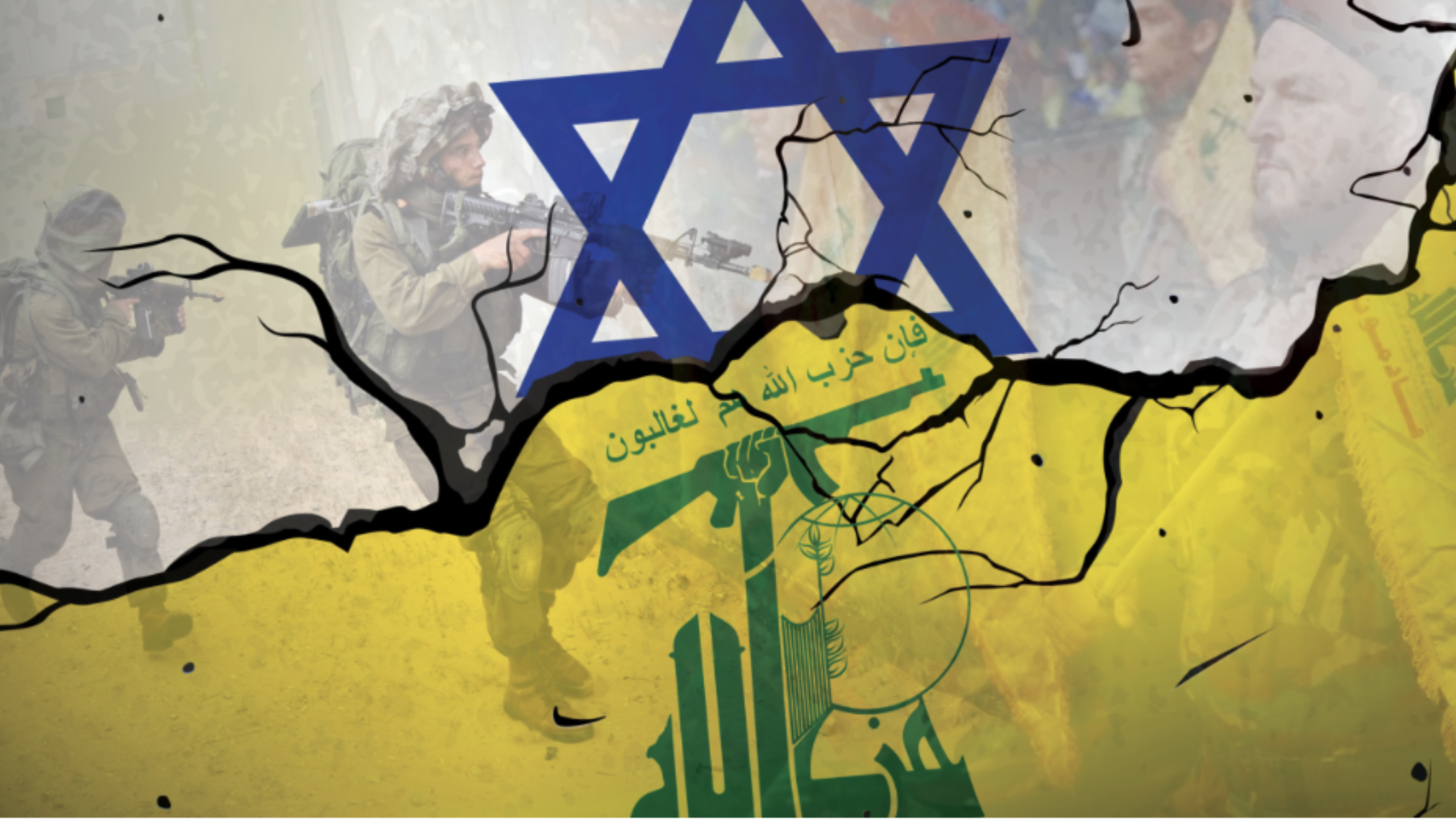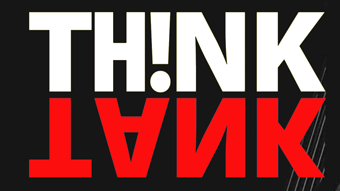𝐂𝐚𝐧 𝐇𝐞𝐳𝐛𝐨𝐥𝐥𝐚𝐡 𝐄𝐧𝐝𝐮𝐫𝐞? 𝐀𝐧𝐚𝐥𝐲𝐳𝐢𝐧𝐠 𝐭𝐡𝐞 𝐈𝐦𝐩𝐚𝐜𝐭 𝐨𝐟 𝐈𝐬𝐫𝐚𝐞𝐥𝐢 𝐀𝐬𝐬𝐚𝐬𝐬𝐢𝐧𝐚𝐭𝐢𝐨𝐧𝐬 𝐚𝐧𝐝 𝐒𝐞𝐜𝐮𝐫𝐢𝐭𝐲 𝐒𝐭𝐫𝐢𝐤𝐞𝐬” 𝐀𝐫𝐭𝐢𝐜𝐥𝐞 :
 Dr. Marwan Shehadeh
Dr. Marwan Shehadeh
The high-profile assassination of Hezbollah’s Secretary-General, Hassan Nasrallah, along with several of its top leaders and advisors last Friday, through an Israeli airstrike on a fortified underground headquarters in southern Beirut, has sparked widespread reactions.
This operation followed extensive Israeli intelligence efforts on the ground, utilizing advanced technologies. The assassination of Hezbollah’s Chief of Staff, Fuad Shukr, marked a turning point. Following that, around 5,000 Hezbollah members were targeted in the operation known as the “Pagers Operation,” which crippled communication networks. Additionally, a meeting of the elite “Al- Radwan Forces” was hit, culminating in the assassination of Nasrallah and his companions.
The common thread in these operations is that they occurred in Hezbollah’s most secure stronghold, the southern suburbs of Beirut. Other significant operations included the assassination of Saleh al-Arouri, the military leader of Hamas responsible for operations in the West Bank.
Israel’s Longstanding Policy of Assassinations
Assassinations have been a key component of Israel’s military and security strategy since its establishment, targeting political and military figures involved in the resistance against the occupation. In Gaza and the West Bank, many individuals, both political and military, have fallen victim to Israel’s assassination campaigns. Israel also demolishes the homes of those responsible for attacks against it.
Hezbollah’s Security Lapses and Slow Response
Despite the assassination of its Chief of Staff, Fuad Shukr, Hezbollah failed to take serious precautionary measures. The group remained in a state of security laxity even after the “Pagers Operation,” which incapacitated around 5,000 of its fighters. Hezbollah’s response to Israel’s actions has been slow and confused, with limited retaliatory strikes.
Decision-making within Hezbollah regarding attacks on Israeli forces in the occupied Palestinian territories has been hesitant and delayed. This indecision comes amidst a series of Israeli military strikes targeting hundreds of Hezbollah rocket launchers, reducing the group’s deterrence capability by an estimated 30%.
Iranian Influence on Hezbollah’s Military Strategy
The delay in Hezbollah’s retaliatory strikes against Israel is partly due to Iran’s reluctance to escalate the conflict into a full-scale war, which could lead to widespread destruction in both Iran and Lebanon. Hezbollah, facing a military imbalance due to Israel’s superior technology and equipment, including a highly lethal air force, is likely avoiding direct confrontation. Instead, Hezbollah appears to be relying on a long-term war of attrition to weaken Israel.
The Pre-October 7 Preparations and Israel’s Preemptive Strikes
It seems that Israel’s preemptive strikes against Hamas were planned well in advance of the events of October 7. This theory is supported by Israel’s series of security and military strikes on Hezbollah, showing a disregard for past agreements and established rules of engagement. Israel has continuously sought to weaken Hezbollah and Iran’s allies in the region.
Israel’s Confidence in Its Superiority
The Israeli leadership is currently basking in its perceived superiority, with Prime Minister Benjamin Netanyahu declaring Israel to be an “eternal state” in response to those who believe it is doomed to fail.
Hezbollah’s Future: Can It Recover?
Despite the severe security blows Hezbollah has suffered, it is unlikely that these strikes have permanently crippled the organization. Hezbollah will likely need a brief period to reorganize its military, security, and leadership structures, as it cannot afford to waste time amidst ongoing hostilities.
Key Factors for Hezbollah’s Recovery
Hezbollah’s ability to recover hinges on two critical factors:
As the days unfold, it remains to be seen whether Hezbollah can emerge from these challenges and maintain its standing in the face of continued Israeli aggression.


